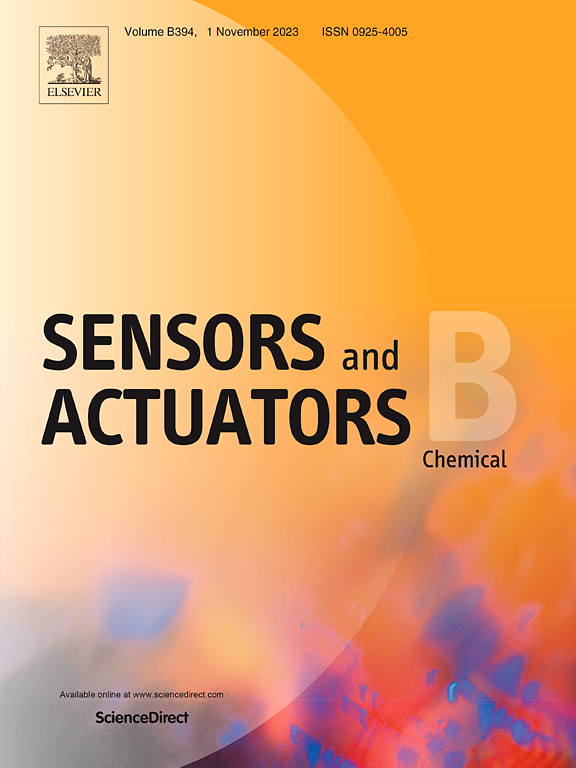Split activator ligation assay: A CRISPR/Cas12a-enabled biosensor for the genotyping of cancer-associated miRNA single-nucleotide polymorphisms
IF 8
1区 化学
Q1 CHEMISTRY, ANALYTICAL
引用次数: 0
Abstract
Although assays for microRNA (miRNA) detection have been largely developed and applied, the identification of single-nucleotide polymorphisms in miRNAs (miR-SNPs), which are emerging cancer biomarkers, remains a significant challenge. The rs11614913 SNP in miR-196a2, resulting in the mutant miR-196a2T variant with a single nucleotide change from the wildtype miR-196a2C, has been linked to cancer diagnosis. In this work, we present the split activator ligation assay (SALA) for miR-SNP genotyping, marking the first use of CRISPR/Cas12a in this context. In SALA, miR-196a2T facilitates the ligation of split Cas12a activators via SplintR ligase, leading to the full activation of Cas12a and subsequent fluorescence generation. SALA detects miR-SNPs at femtomolar concentrations, allowing for the precise detection of SNPs when the wildtype allele is in over 2000-fold excess. Analyses of clinical samples demonstrate the robustness of SALA in distinguishing cancerous from non-cancerous samples, underscoring its potential utility in cancer diagnostics.
分裂激活物连接试验:一种CRISPR/ cas12a激活的生物传感器,用于癌症相关miRNA单核苷酸多态性的基因分型
尽管检测microRNA (miRNA)的方法已经得到了很大的发展和应用,但作为新兴的癌症生物标志物,鉴定microRNA (mir - snp)的单核苷酸多态性仍然是一个重大挑战。miR-196a2中的rs11614913 SNP导致miR-196a2T突变变体与野生型miR-196a2C发生单核苷酸变化,这与癌症诊断有关。在这项工作中,我们提出了用于miR-SNP基因分型的分裂激活子连接试验(SALA),标志着CRISPR/Cas12a在此背景下的首次使用。在SALA中,miR-196a2T通过SplintR连接酶促进分裂Cas12a激活子的连接,从而导致Cas12a的完全激活和随后的荧光产生。SALA检测飞摩尔浓度的mir - snp具有特殊的选择性,当野生型等位基因超过2000倍时,可以精确检测snp。对临床样本的分析表明,SALA在区分癌变和非癌变样本方面具有稳健性,强调了其在癌症诊断中的潜在效用。
本文章由计算机程序翻译,如有差异,请以英文原文为准。
求助全文
约1分钟内获得全文
求助全文
来源期刊

Sensors and Actuators B: Chemical
工程技术-电化学
CiteScore
14.60
自引率
11.90%
发文量
1776
审稿时长
3.2 months
期刊介绍:
Sensors & Actuators, B: Chemical is an international journal focused on the research and development of chemical transducers. It covers chemical sensors and biosensors, chemical actuators, and analytical microsystems. The journal is interdisciplinary, aiming to publish original works showcasing substantial advancements beyond the current state of the art in these fields, with practical applicability to solving meaningful analytical problems. Review articles are accepted by invitation from an Editor of the journal.
 求助内容:
求助内容: 应助结果提醒方式:
应助结果提醒方式:


